ITB Launches Various Multi-Campus Facilities and Development Programs
By M. Naufal Hafizh -
Editor M. Naufal Hafizh
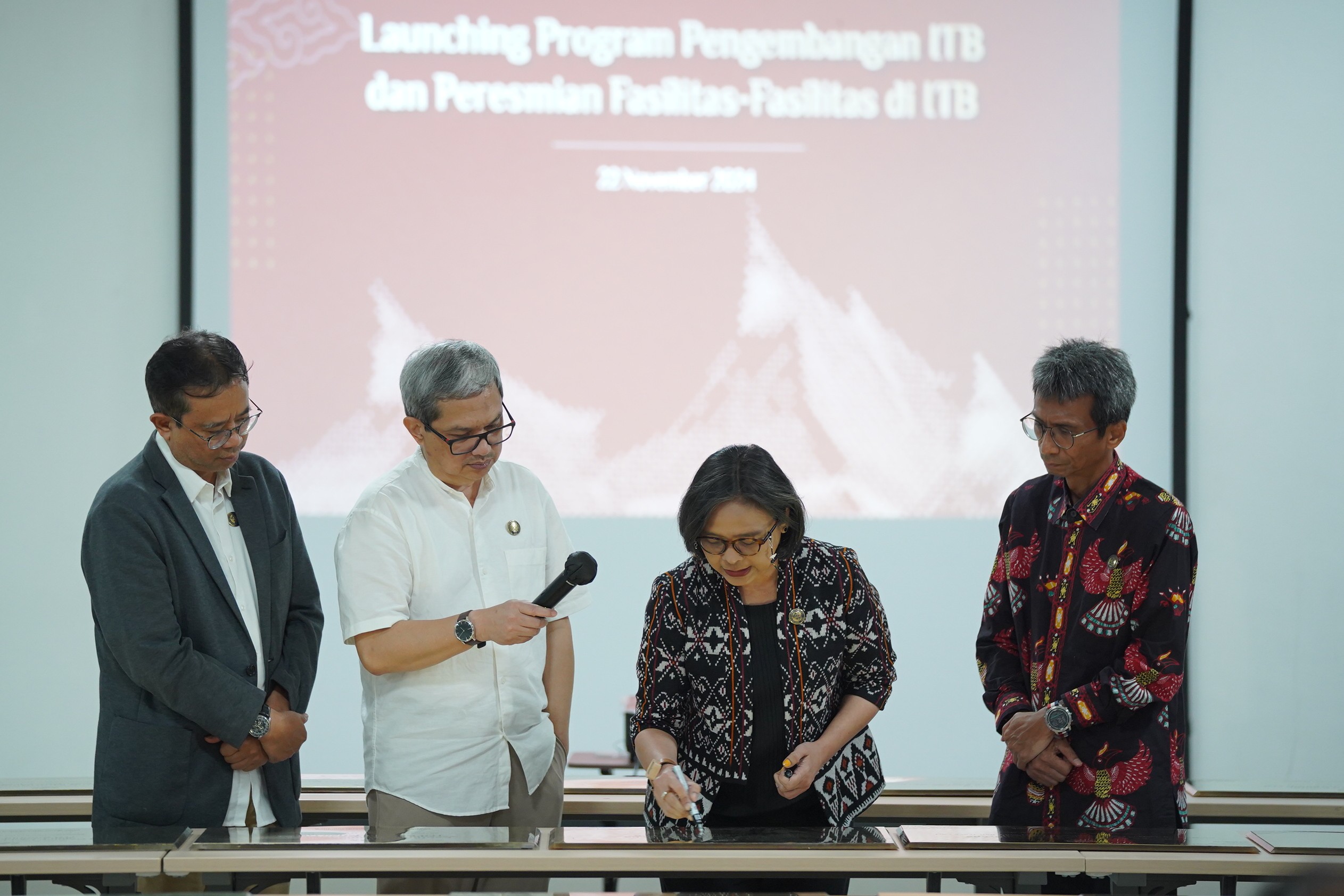
Bandung, itb.ac.id – Institut Teknologi Bandung (ITB) held the Launching of ITB Development Programs and the Inauguration of ITB Facilities at the Science Techno Park (STP) Building on Friday, November 22, 2024.
ITB Rector, Prof. Reini Wirahadikusumah, Ph.D., announced that over the past five years, ITB has constructed, revitalized, and renovated a total of 26 facilities across its multi-campus locations, including the Ganesha Campus, Jatinangor Campus, Cirebon Campus, and Jakarta Campus. These facilities include the revitalization of the Center for Research in Multidisciplinary Science and Engineering, the Ganesha ITB area, the Integrated Waste Treatment Plant (IPST) at Ganesha Campus, the XVII Laboratory of Technology Dato’ Dr. Low Tuck Kwong, and the XV Laboratory of Technology Building for Molecular Engineering and Functional Materials.
Other newly inaugurated facilities include the VGOS Radio Telescope Tower and Supporting Buildings at the Bosscha Observatory; student facilities at Saraga, Sunken Court, and Campus Center West at Ganesha Campus; and various canteens across the Ganesha Campus. Renovations also took place at the Liga Film Mahasiswa (LFM) Building and the Bosscha Building at Ganesha Campus. Additionally, the newly built ITB Innovation Park (IIP) Bandung Technopolis and Ganesha Science and Techno Park (STP).
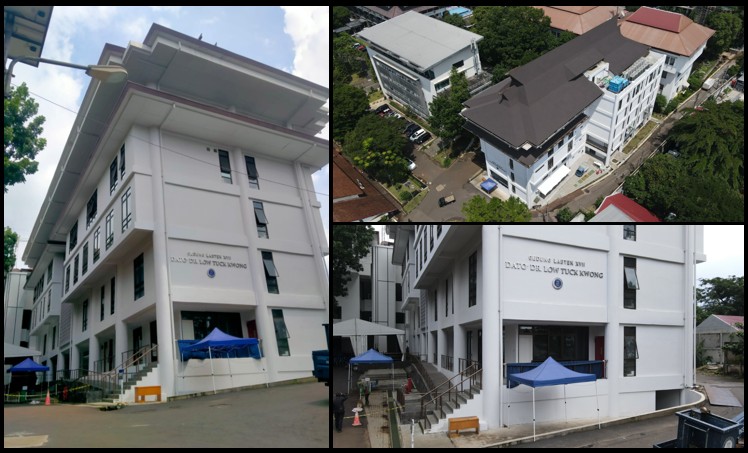
Next, the Multifunctional Building B at ITB Cirebon Campus, South Embung 1, North Embung 2, the Fence, and the Kebonturi Landscape at ITB Cirebon Campus; Student and Sports Facilities at ITB Cirebon Campus; Dormitory Building 1 at ITB Cirebon Campus; ITB Mosque at ITB Cirebon Campus; ITB Canteen at ITB Cirebon Campus; Shared Worship House at ITB Cirebon Campus; Construction of Multifunctional Building A Phase II; Development of Basic Infrastructure in Kebonturi Area; Campus Landscaping and Geyongan Nursery Area; Development of Kebonturi Area Landscape Phase I; Renovation of the 10th and 12th Floors of Graha Irama Building at ITB Jakarta Campus; ITB Information Center; the Observatory House and Telescopes at Bosscha Observatory in Lembang; and FTMD Terrace.
In addition to these physical facilities, ITB has also successfully developed several non-physical facilities, such as Oracle Fusion, Oracle EPM, Edunex, SIX, SPMI, and integrations with Microsoft Teams, HRIS, and financial aid systems.
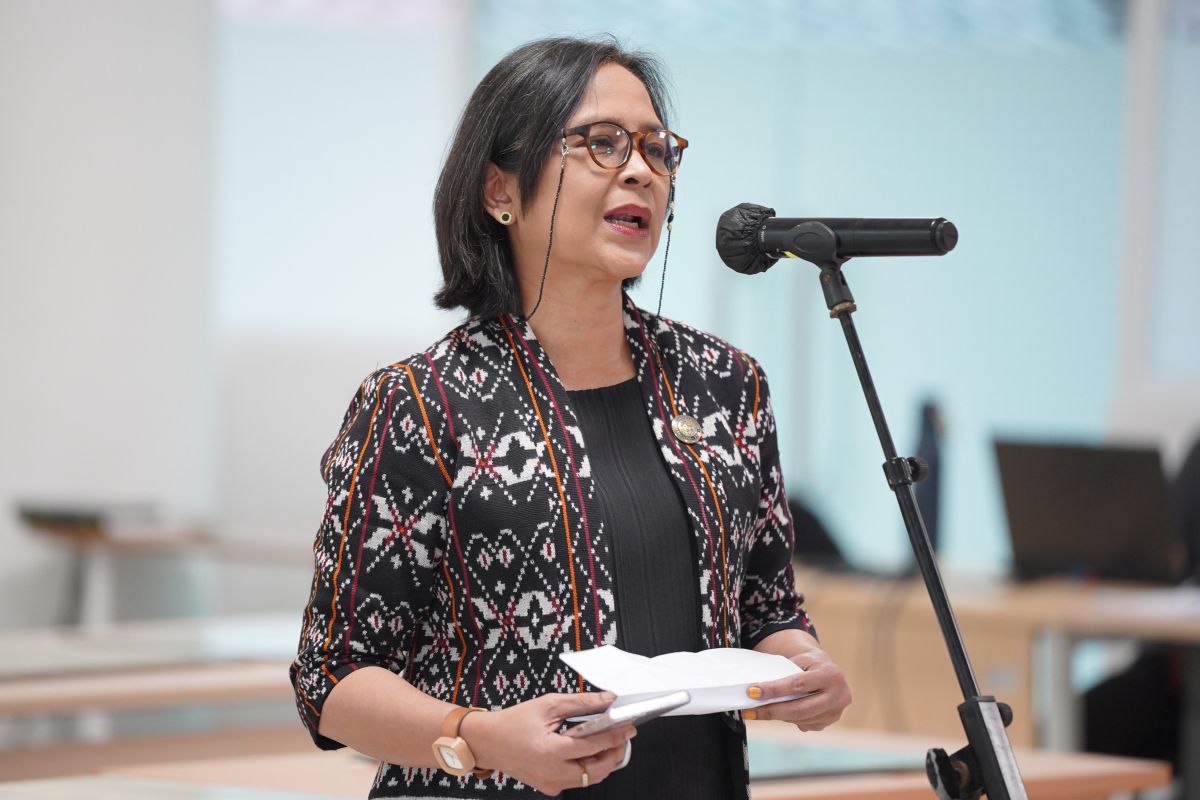
Prof. Reini Wirahadikusumah, Ph.D., expressed that these developments are the collective achievement of the entire ITB academic community. “This is our work. It is truly an honor to be part of ITB and to have the opportunity to contribute together. Thank you. This is a team effort that was not easy, but the result is excellent. We are all part of one big family, working together to realize ITB’s vision to continue growing,” she said.
She also hoped that these facilities, both physical and non-physical, would be utilized to their fullest potential for the benefit of the ITB community and the advancement of the institution.
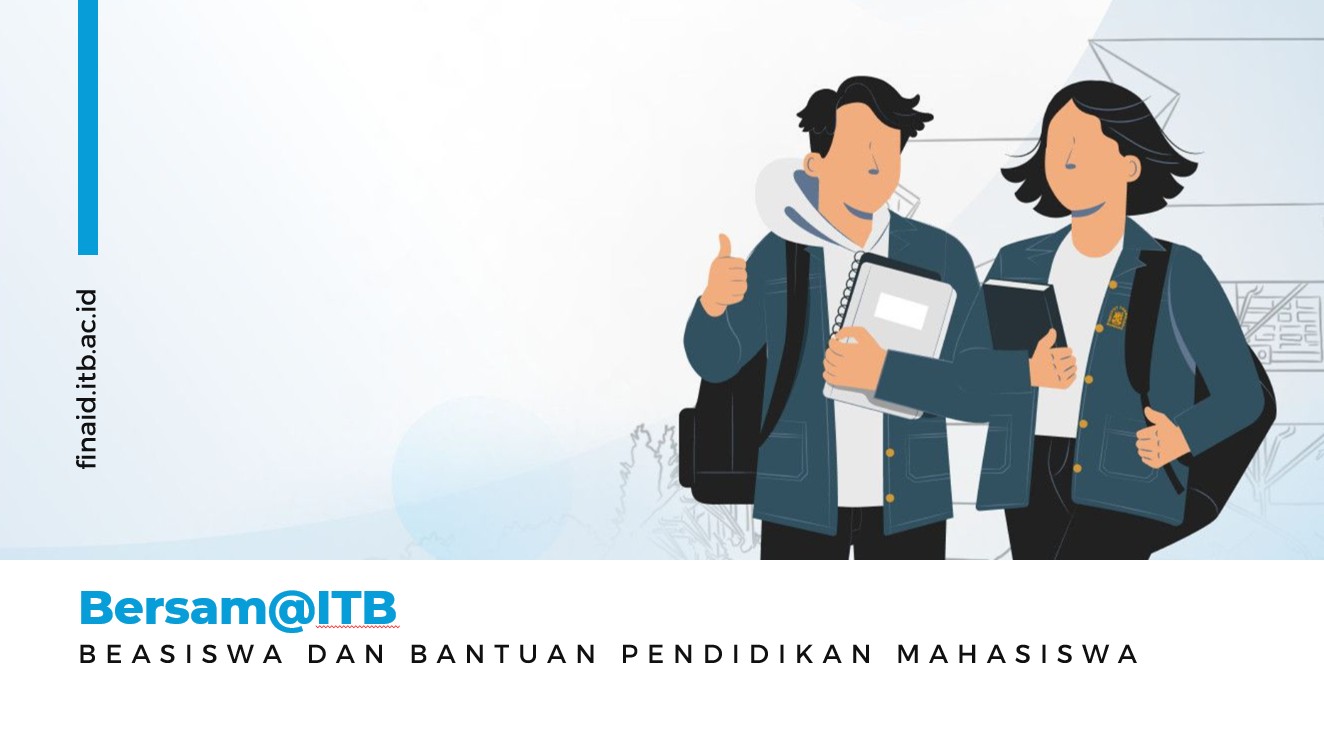
During the event, the Rector also discussed the Bersam@itb Financial Aid system, a comprehensive platform that includes merit-based and need-based scholarships, grants, assistant programs, and partnerships with external entities. This system is equipped with financial literacy counseling services to assist students in managing their budgets and financial planning. The platform aims to make the entire financial aid process more integrated, transparent, and easily accessible to students.
In addition, Prof. Reini explained the MYPPM program, which is designed to enhance the efficiency of research and community service development through integration and automation. This program helps create a competitive and collaborative atmosphere by disseminating the performance of ITB’s research and community service initiatives.
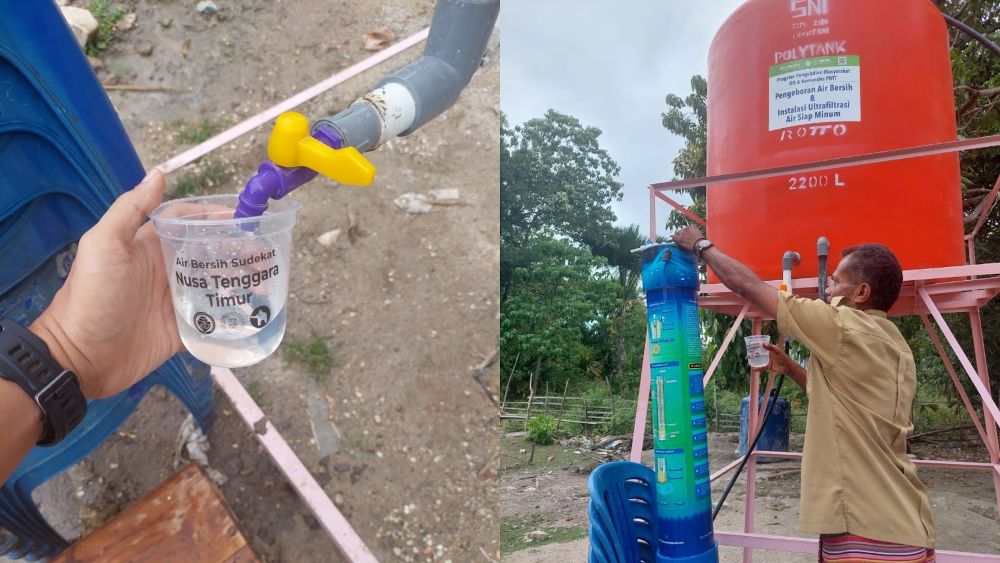
In the past year, the Directorate of Research and Community Service (DRPM) at ITB has managed approximately 500 research and community service activities by faculty and students. The new system will facilitate easier administration and improve transparency on the impact ITB has had on society through these activities. Further studies will be conducted to address various community issues through these initiatives.
At the end of the session, Prof. Reini Wirahadikusumah, Ph.D., signed 26 commemorative plaques for the various newly inaugurated facilities at ITB.

.jpg)
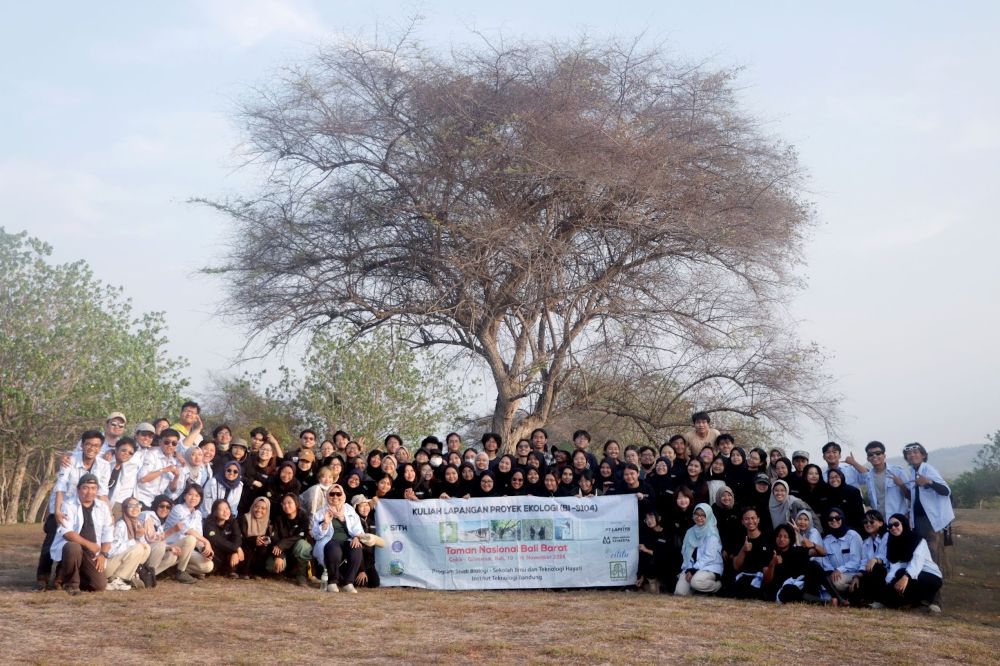
.jpg)


